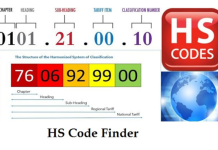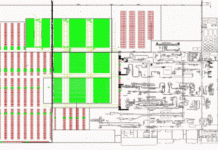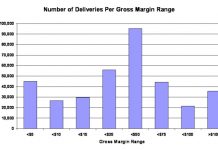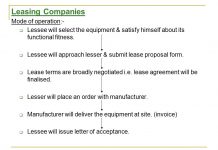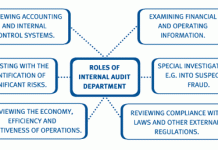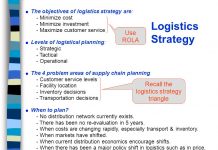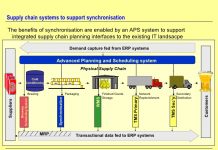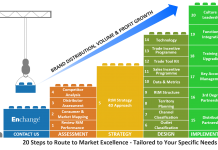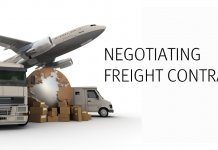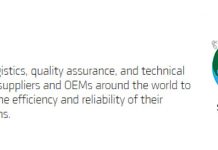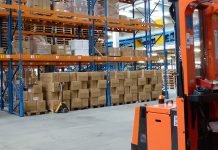Table of Contents
AIR CARGO
If you want to learn how to ship goods by air, it means air cargo. This article will help you. First, let’s learn a little bit about terminology.
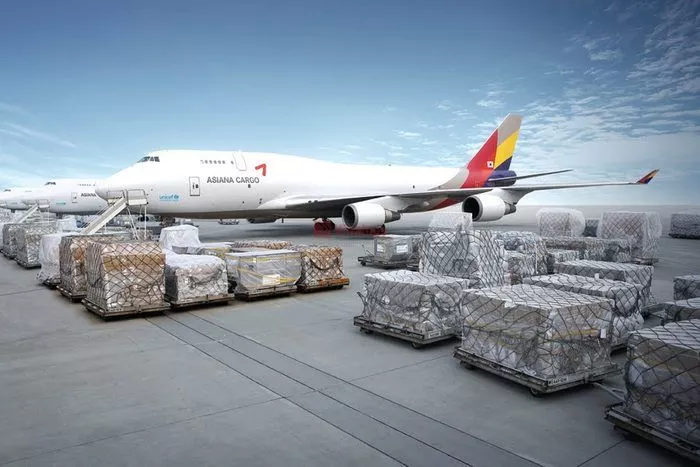
What is air cargo?
Air cargo is goods transported by plane. This is the method by which goods are transported by specialized cargo aircraft (English is Cargo Aircraft or Freighter), or carried in the belly of passenger aircraft (Passenger Plane).
Air freight accounts for a small proportion of the total weight of international freight (less than 0.5%), while it accounts for about 30% in terms of value.
According to aircraft manufacturer Boeing, in 2012, specialized cargo planes carried about 60% of air shipments globally, while passenger aircraft handled the remaining 40%.
Goods are shipped by air
- Airmail, express mail
- Live animals, human organs, remains
- Perishable goods (food, fresh flowers, frozen goods)
- Medicine
- Valuable items (gold, diamonds)
- Technical equipment (high-tech goods, spare parts for aircraft, ships, cars)
- Luxury consumer goods (electronics, fashion)
Advantages and disadvantages of air cargo
- Advantages:
The biggest advantage of air transport is its high speed. Airplanes have the highest speeds of all modes of transport available today. On average, cargo or passenger aircraft has an average speed of about 800-1000km/h, which is very high compared to other popular modes such as ships (12-25 knots), trains (in Vietnam). South is only about 60-80km/h), or truck (60-80km/h). I think maybe the only method of transmitting electricity is faster than an airplane!
In addition, air transport also has the highest safety. You may hear catastrophic plane crashes, but the reality is that air travel is much safer than road, rail, and sea.
There are also other advantages such as:
- Unobstructed by topographical surfaces such as roads or waterways, it is possible to connect almost all countries in the world
- Fast, on-time service, thanks to the very fast airspeed and the often high-value or perishable cargo characteristics
- Minimizing the loss caused by damage, breakage, or petty theft
- Lower shipping insurance due to less risk than other methods
- Warehousing fees are usually minimal due to the nature of the goods and the quick processing speed
Disadvantages:
The biggest disadvantage is that shipping by plane has the highest cost, per kilogram. Due to such high costs, air freight is generally not suitable for low-value goods.
The second disadvantage of air transport is that it is not suitable for transporting bulky goods, or goods with large volumes. The reality is that the two quantities of cargo capacity and mass will be limited by the size of the cargo compartment, the size of the door, and the actual weight of the aircraft. If you cannot safely and conveniently get your package in/out, or if it exceeds the aircraft’s allowable weight, then you should forget about this method. With such shipments, an ocean liner is often the possible solution.
In addition to the two points mentioned above, air transport also has a few other notable disadvantages as follows:
- Being heavily influenced by the weather, even in bad weather conditions such as fog, thunderstorms, etc., it is also easy to delay or cancel flights, and stop air transportation services.
- More risk with minor damage, collision, plane hijacking … Aviation standards are stricter, so it only takes a few parameters to malfunction, which affects the flight schedule, even has to be cancelled flight. In mid-2017, I myself was on a Vietnam
- Airlines plane, when the plane moved out of the waiting room, stopped to perform the final technical check, something went wrong. I just heard them test the engine whirring for a long time, then saw the captain report a technical problem.
- Immediately the plane had to return to the waiting room, passengers had to change to another plane. Any goods that go on that trip must also change planes. Obviously, modern is harmful to electricity, airplanes are really “more sensitive” than cars and ships at this point.
- Stricter requirements related to regulations and laws, to ensure flight safety and security. Many types of high-risk goods (such as flammable, explosive, etc.) will not be accepted by the airline. In the process of checking passengers and cargo by scanning (scanning), you also feel the strictness of regulations in the field of air transport.
More:




